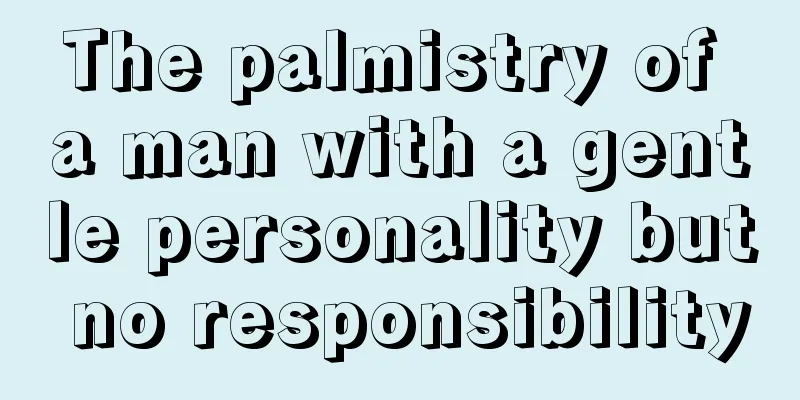European banks upgrade blockchain cooperation, seven major banks jointly develop blockchain trade finance platform for SMEs

|
Seven of Europe’s largest banks have reportedly signed a memorandum of understanding (MOU) to develop a blockchain-powered cross-border trade finance platform for European small and medium-sized enterprises. The seven banks include HSBC of the UK, Rabobank of the Netherlands, Societe Generale, the largest commercial bank in France, Natixis of France, UniCredit of Italy and KBC of Belgium. The newly formed banking group aims to better improve domestic and cross-border trade for European businesses and will jointly develop, deploy and promote the adoption of the "Digital Trade Chain (DTC)". The initial DTC proof of concept is based on a prototype solution developed in partnership with KBC Bank of Belgium as a trade finance and supply chain solution. The banking group’s blockchain solutionDTC intends to simplify the trade finance process and will seek to provide efficient management and security for domestic and international trade transactions of European small and medium-sized enterprises (SMEs). Essentially, this distributed ledger will digitally connect all participants - buyers and sellers, personal banks and logistics transporters, etc. - through online interfaces and mobile applications to record, track and protect transactions. The project is targeted at SMEs because they prefer a more straightforward open account solution (product dispatch and delivery before payment is due) transaction process. This form of trade finance payment generally takes 1-3 months to complete. In comparison, larger companies will choose a documentary credit or a letter of credit process (a letter of credit: a bank guarantees that the buyer's payment will be delivered to the seller on an agreed date). DTC will help achieve end-to-end transparency, and the banking group also claims that DTC can significantly reduce administrative duties, including paper documents and accelerate the order-to-settlement process. The new alliance also believes that SMEs trading with their partners will also benefit from this seamless, transparent and secure platform, thereby promoting a better trading ecosystem in Europe and beyond. Trade finance and the blockchain boomAlthough proponents of blockchain technology believe that this innovation will trigger systemic disruption in the financial industry, the trade finance industry in particular may become one of the earliest adopters of this disruptive technology. The current industry process is plagued by inefficiencies due to the large number of manual factors in error-prone and time-consuming supervision. Automation of manual processes and almost instant settlement times are direct advantages of blockchain technology. Reducing counterparty risk, improving operational efficiency and enhancing transparency on a global scale will benefit global trade and auditors, and will benefit the $4 trillion trade finance industry. In September 2016, a shipment of cheese and butter worth $100,000 exported from Ireland to the Seychelles was reportedly the world’s first trade finance transaction completed using blockchain technology. In the same month, Microsoft revealed its intention to use blockchain technology in conjunction with Bank of America to “provide a boost to the transformation of trade finance transactions.” Earlier, the R3 blockchain consortium revealed that it was developing two blockchain prototypes to improve the global trade finance industry. R3 CEO David Rutter said that a total of 15 bank members participated in the development, and he also called trade finance "a vital source of income for banks." Trade finance solutions based on blockchain will also help reduce or even prevent the risk of fraud that is common in international trade. An obvious example is that two years ago, Standard Chartered Bank lost $200 million due to fraud at Qingdao Port in China. Now Standard Chartered Bank is developing an electronic invoice ledger with Singapore's DBS Bank. |
Recommend
Can't get married
People say that men should get married when they ...
Is the scarred man a domineering man?
Is the scarred man a domineering man? A man's...
What is the impact of having a barely visible marriage line?
The marriage line can indicate the direction of a...
The size of your ears can tell your fortune
The ear is one of the human senses. We receive va...
Emotionally turbulent man's face
Emotionally turbulent man's face In fact, som...
The face of people who always keep hand warmers in their hands in winter
Winter brings both joy and sorrow. The joy is tha...
15 people sentenced, 14.8 billion digital currency pyramid scheme case sentenced! Nearly 2.7 million registered members, using blockchain to defraud, with 3293 levels
Source: China Securities Author: Xie Zhongxiang T...
If Bitcoin doesn’t take off as expected, what will happen to miners after the halving?
The original article is a research report by Krak...
Can the eight-character lines between the eyebrows be removed? How to remove them using normal methods?
When you are unhappy, you will have something on ...
Free virtual mobile number to receive SMS online OnlineSIM multi-country number
In today's digital age, network verification ...
Mole physiognomy can tell which men have potential
Women hope to marry a good husband. Maybe they do...
What does a mole on a woman's mouth mean? Does it mean she will have no worries about food and clothing for the rest of her life?
How to interpret moles around a woman’s mouth? Mo...
What does a split career line mean?
Each of us has our own palm lines, and each of us...
There are wrinkles between the eyebrows, indicating that the couple is not in harmony
The method of face reading has been around in our...
In-depth丨"Filecoin Water Margin" - Beating Coach Hong with a Stick, Who is Doing the DDOS Attack?
Today is the second day of the Filecoin big miner...









